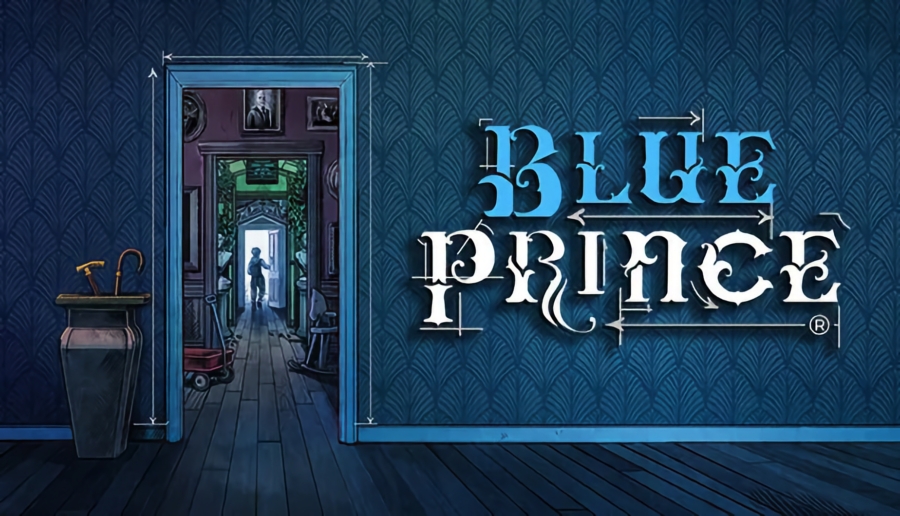Blue Prince Spiel
I remember when I played Myst back in the 2000s when it was released for the iPhone. It was one of “those genres” from the 90s that did not survive the test of times; the puzzles can be mildly infuriating, but you had no other game to play. I was in such a joy when I made a progress after days of being stuck on one puzzle. I’ve seen several reviews mentioning similar stories with The 7th Guest, though my personal “that game” was always the Myst.
Blue Prince is a rogue-like puzzle game. As a puzzle game, it is very much reminiscent of what Myst was — find the puzzle, solve it, and you make some progress. The difference stems from its rogue-like “drafting” of rooms, where the protagonist, Simon, has to draw the layout of the manor from scratch each day. As a player, this game mechanic translates to a house that has no fixed room in any given place. And this is where the interlocking of different game elements occur with much frictions. We are playing a hybrid between a rogue-like and a puzzle, but the speed of which it takes to repeat each day is arduously long, not hard. The animations to open doors, slow walking speed of Simon, and repetition of near-identical layouts and puzzles wash out any possible advantages of being a rogue-like.
The depth of individual puzzles themselves, for the lack of better word, is shallow. It would make sense if we were running under the assumption that the puzzles were light-hearted. Blue Prince is more a puzzle game than a rogue-like, and its difficulty, in my opinion, only comes from its random generator. Take, for example, the parlor puzzle, one of the most frequent room puzzles players would face in Mount Holly. It’s a typical Knights and Knaves puzzle. Fortunately, there are numerous variety of parlor puzzles, unlike some of the fixed answered one. But that is still a problem on its own. This game is not a collection of mini puzzles, nor it promised to be.
The integration of different elements deteriorates the most when it comes to lores and world-building. It is inherent weakness in a rogue-like that the genre does not enforce immersive narratives; many rogue-likes, therefore, choose their own comparable means to compensate for it. Recent rogue-like hit, Hades, would be a good example; a player may skip over all the family feuds, but the feud has real impact on the gameplay. None of the narratives occurring in Blue Prince has any impact on Simon or the choices he can make. You may choose to study the block of text all you want, but all the related parties are either gone or dead — he is alone in this estate, only to inherit it from distant relative.
Conclusion: Why is this Hybrid For?
Allow me to elaborate where I am coming from. Puzzle games, in my opinion, are at its prime when the difficulty of a puzzle feels natural. The player should not be stripped of the capacity to answer the question correctly at any given moment, a virtue shared by rogue-like. Blue Prince doesn’t effectively seize on this opportunity. As much as I appreciate its puzzle-centric atmosphere, puzzles are roadblocked by RNG. And redoing what has happened on the previous again is a repetitive task, something rogue-like is equipped to refine. Though new mechanics are interesting in its own right, Blue Prince could have been sizably better for bigger audience.
